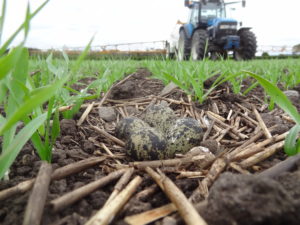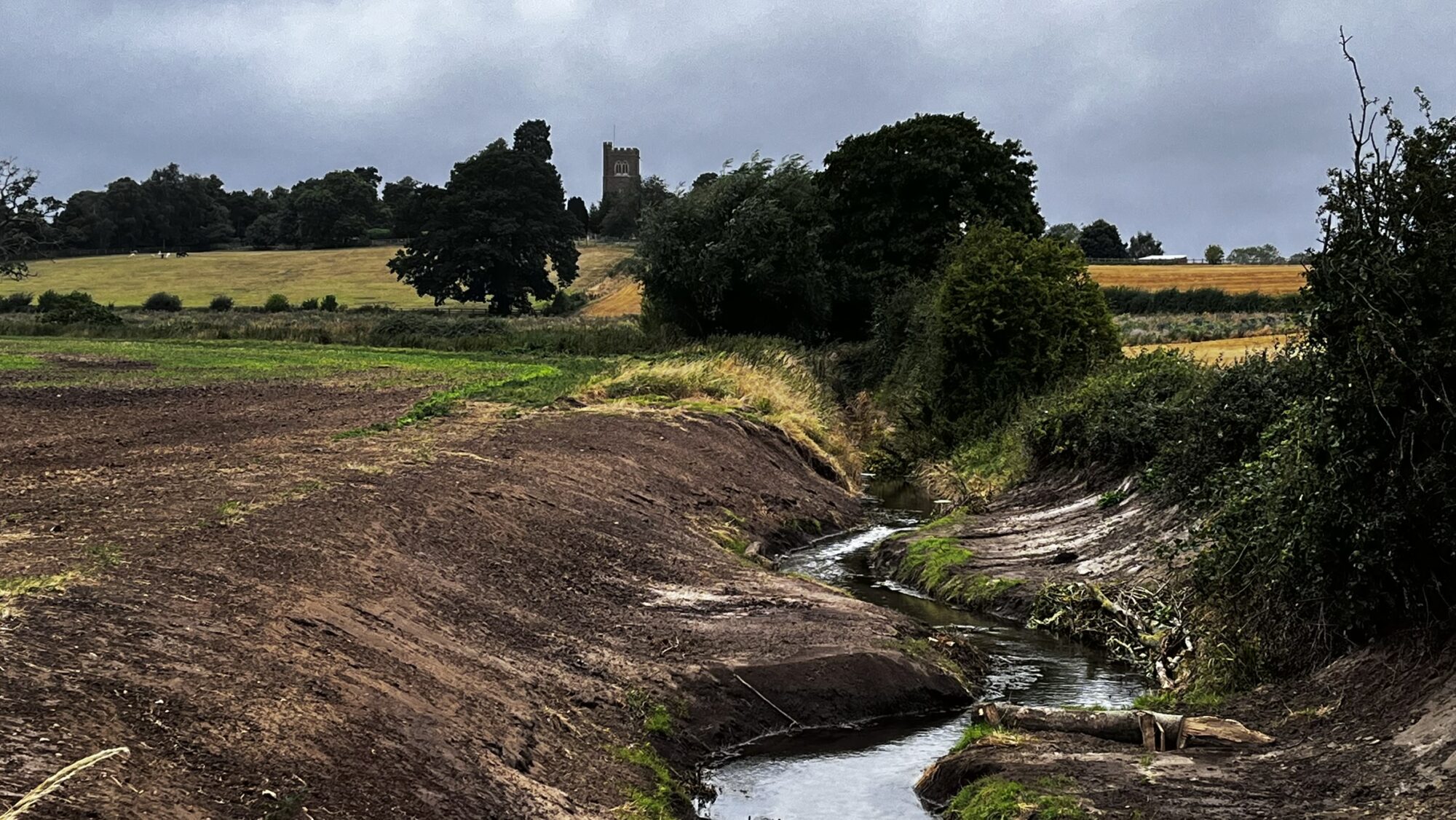Prompted by my letter in The Times, I received this from a correspondent who had previously set out his personal framing of farming and nature as a guest blog here (part I).
Part II “Farmers provide multiple outputs – including marketable food and raw materials. Most environmental outputs are not marketable but often result in costs that impinge on the viability of the business as a whole. Some of the most ‘attractive’ countryside results from land owners who value these non-marketable benefits as worth having, even if the financial losses

weigh against the business as a whole. For such a situation to continue, the owners of these non-marketable benefits have to have sufficient income from other sources to pay the bills of hosting these benefits. Today the State represents that ‘other source of income’.
It is clear, as much of your writing illustrates, that the value to society of many of these non-marketable benefits (outputs) has grown in recent decades. Part of this may be the result of scarcity of some ‘assets’ such as the declining number of wildlife species. Residual ‘assets’, wildlife or landscape, become of enhanced worth. Part of this increased value may be due to the response of an affluent society – encapsulated by today’s natural history writers, TV nature programmes, alongside the articulation of concerns by environmental pressure groups.
If the cost of the environmental benefits actually achieved is less than they cost to produce, an expansion of environmental activity would make the economy as a whole richer. The crushing problem is that we have few credible means of measuring such costs and benefits.
What we know is that the relative costs of both marketable goods and non-marketable benefits change. Policy is the means by which we respond. In the 1940’s and 50’s food shortages and a weak pound, made additional production more valuable and policy set to work to bring this about. As we discovered then, on the ground response was slow and difficult to change direction once the objectives of policy had been met. Welcomed increases in food production became budgetary embarrassments in the UK and surpluses in the EEC. Not least, these policies created an ‘alliance of clients‘ (from farmers to feed merchants and advisory services) who would resist change in many ways.

Environmental and social issues then became a vehicle for continuing the level of support. Both the farming industry and environmental pressure groups settled for this as a viable compromise – even though for the environmentalists, the deal was always sub-optimal. Successive ‘reforms’ of the policy emphasised the need to be more careful with the impact of production related efficiencies on environmental output – thus a new generation of agri-environmental schemes was devised. Being a bureaucratic system, they tended to become ever more interventionist and incur large administrative costs.
They are also clumsy when applying to broad areas of similar agricultural requirements but with substantial on-the-ground differences.
Looking ahead, we need policy that is responsive to the real performance of the UK economy and clever in designing environmental incentives that are minimally costly and, at the same time, effective. The reality of the post-Brexit economy has, for the UK, some features in common with post War World Two. The falling value of the pound will make domestic production more attractive to farmers. That may be diminished if deals are cut for preferential access for imports from traditional European suppliers. At this point, it is not possible to be confident on the outcomes, but if the farming sector is to be more dependent upon import prices (higher prices for inputs bought in and pressure on imported food prices), many small and medium scale operations will find survival difficult. Higher average productivity, without wider investment in technology (much depends on the pound’s strength), will result in driving out the most costly producers.

Environmental policy itself needs to be more efficient and more positive (while it may also have to rely on penalties for farmers whose actions cause environmental loss). Policy may require greater discrimination in the recipients of rewards, based not on promises, but on delivery.”
Prof Sir John March died on the 30/9/17 – obit here

On environmental loss – farmers who spray slurry into the air should be penalised!
I couldn’t resist this comment (from twitter direct message – so anon)
“Interesting, if very neo-liberal and nat. cappy [natural capital]”
So, what ever happened to the fanfare for the National Ecosystem Assessment and birth of ‘natural capital’?
Shafted by jargon and tribal politics it seems: surely we can do better at dialogue over framing the narrative.